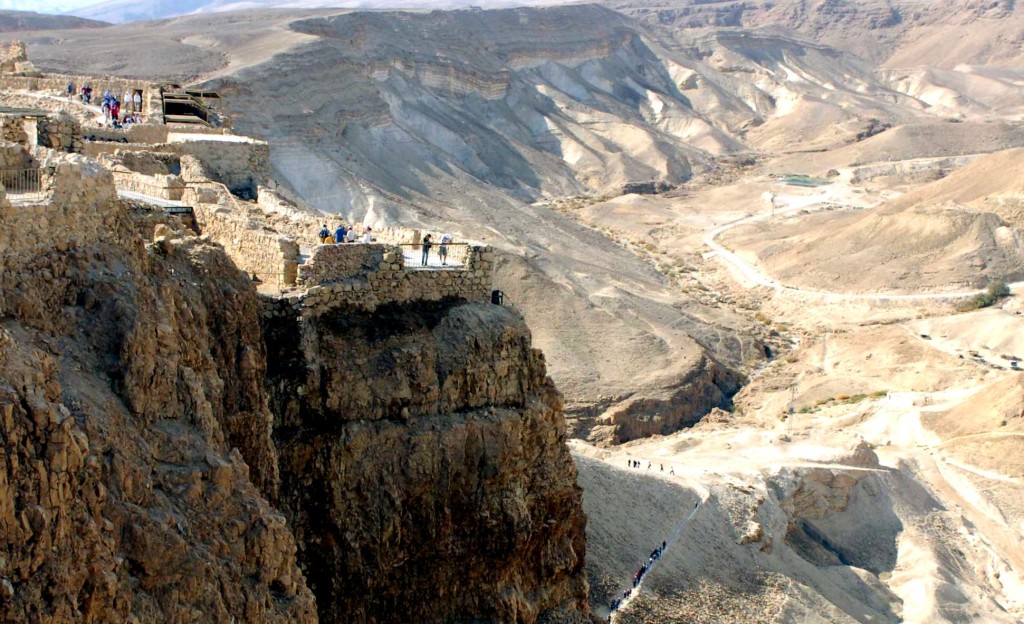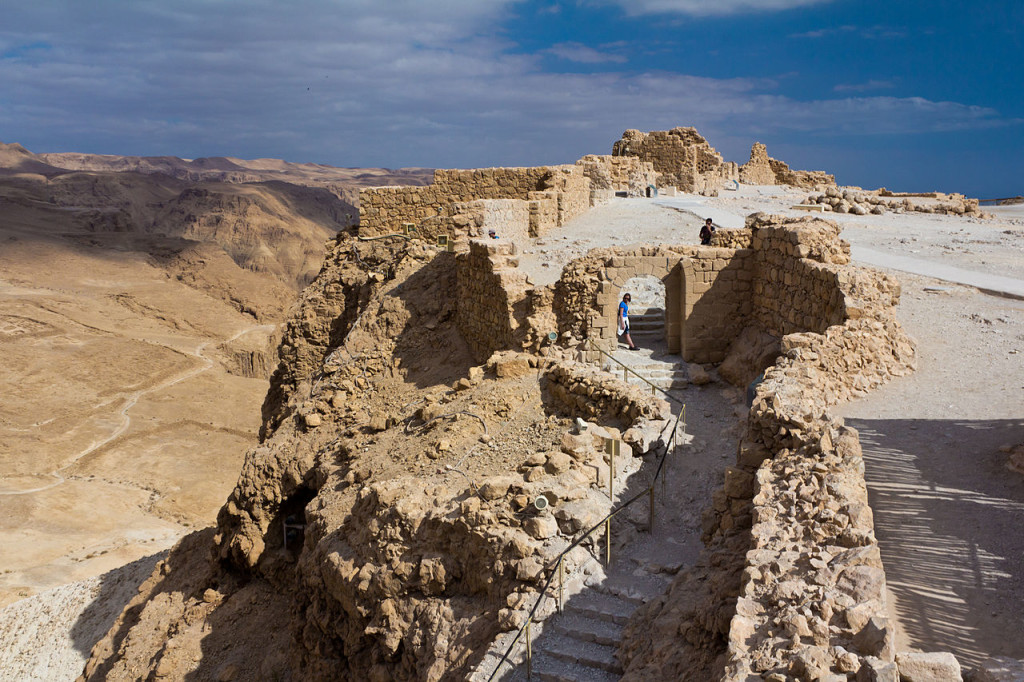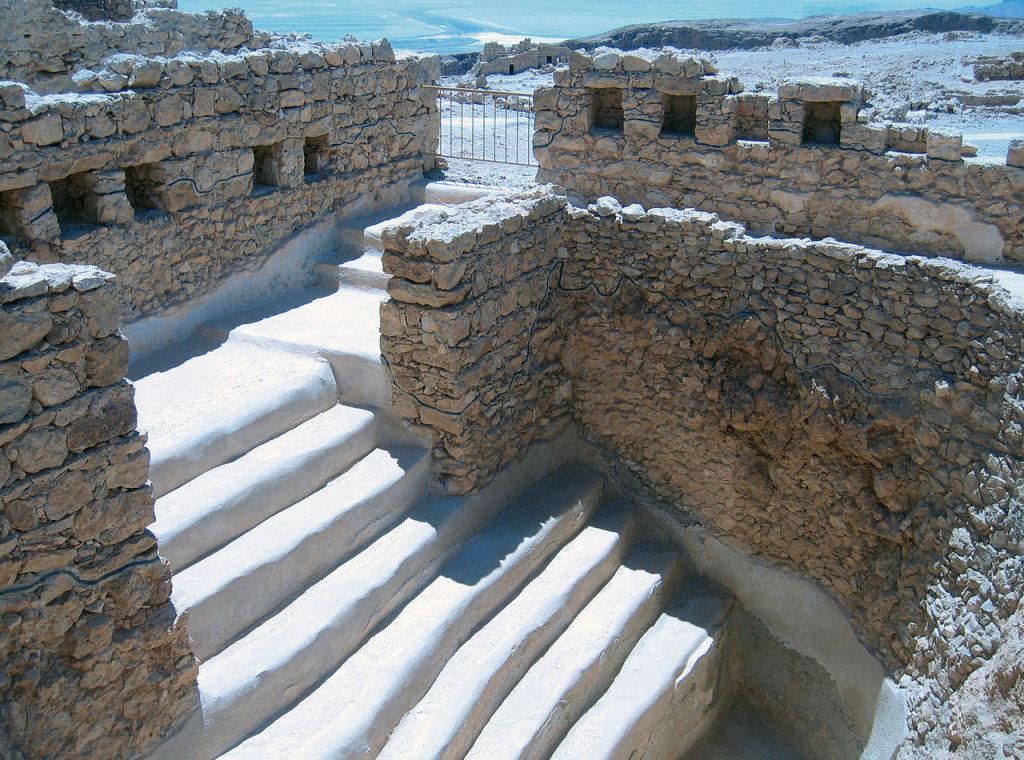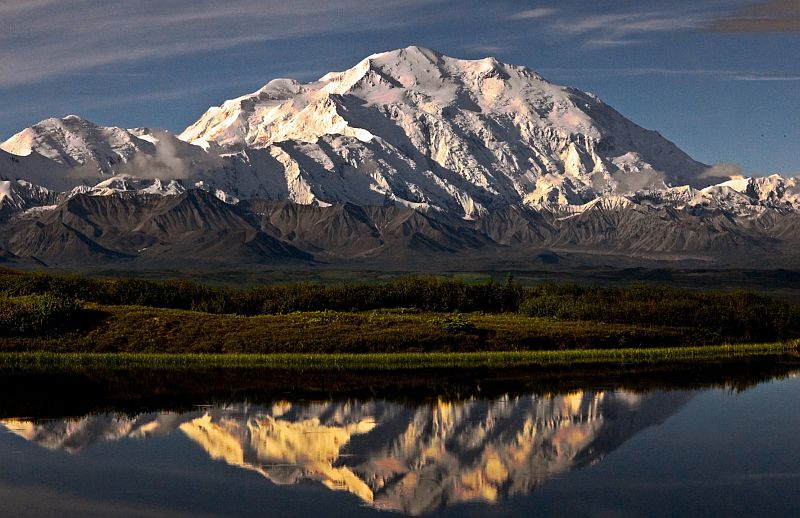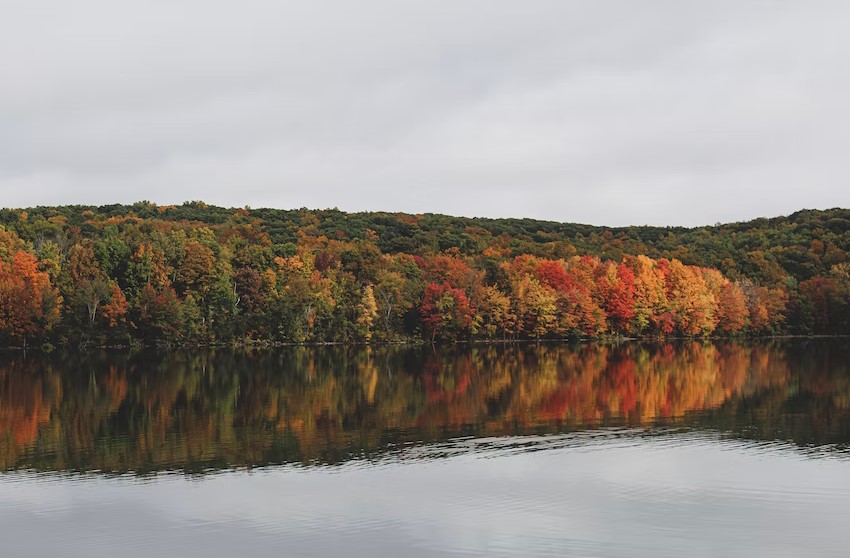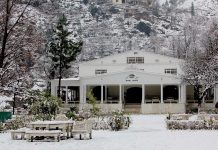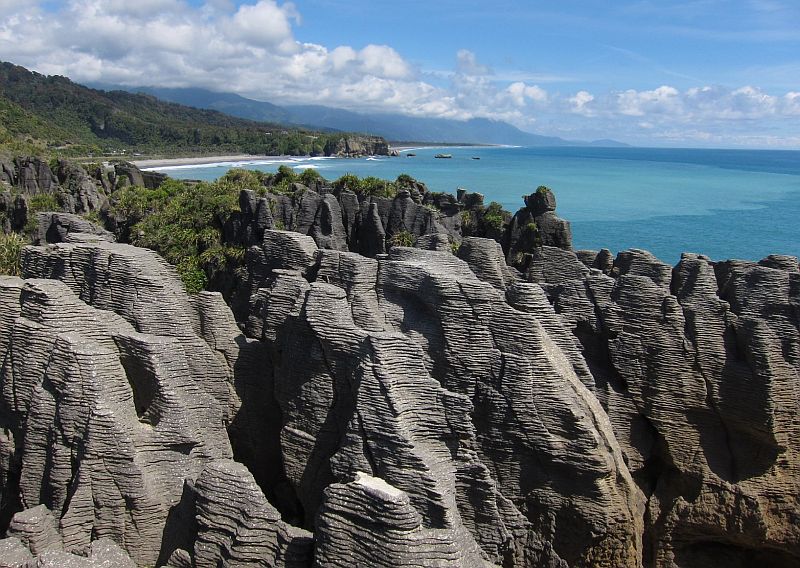Masada is an ancient fortification in the Southern District of Israel situated on top of an isolated rock plateau on the eastern edge of the Judaean Desert, overlooking the Dead Sea. In 37 and 31 BCE, Herod built palaces for himself on the mountain. Masada is one of Israel’s most popular tourist attractions, which is located 20 kilometers east of Arad. Masada was the first place Herod fortified after he gained control of his kingdom.
The first of three building phases completed by Herod began in 35 BCE. During the first phase, the Western Palace was built, along with three smaller palaces, a storeroom, and army barracks. Hence three columbarium towers and a lovely swimming pool at the south end of the site were also completed during this building phase.
According to Josephus, the troops of the Roman Empire towards the end of the First Jewish–Roman War ended in the mass suicide of the 960 Sicarii rebels and their families hiding there. A 2,000-year-old seed discovered during archaeological excavations in the early 1960s was successfully germinated into a date plant. At the time it was the oldest known germination, remaining so until a new record was set in 2012.
Moreover; the cliffs on the east edge of Masada are almost 400 meters high and on the west side it is about 90 meters high. The cliff natural approach is extremely difficult, and which top of the plateau is flat and rhomboid-shaped almost 550 meters by 270 meters.
The casemate wall around the top of the plateau is approximately 1300 meters long and 4 meters high with several towers. The fortress is a well-included storehouse, armory, barracks, palace, and cisterns that were refilled by rainwater.
Almost all historical information about Masada comes from the 1st-century Jewish Roman historian Josephus. According to Josephus, the Sicarii were an extremist Jewish splinter group antagonistic to a larger grouping of Jews referred to as the Zealots, who carried the main burden of the rebellion.
The Sicarii raided nearby Jewish villages including Ein Gedi, where they massacred more than seven hundred women and children. Well, in 2001, Masada was declared a UNESCO World Heritage site, where tourists can hike up, or can take a cable car to the top of the mesa. Here, visitors can hike on steep hiking paths up; the first one is Snake Trail which leaves from the eastern side (Dead Sea Side), at the Masada Museum.
Therefore; in 2007, a new museum opened at the site, in which archeological findings are displayed in a theatrical setting. While the other Roman Ramp trail is also very steep and has less elevation gain, can be accessed from the western side of the mountain.
Most hikers would prefer to start an hour before sunrise when the park opens, to avoid the mid-day heat. The intense heat can cross 43 °C (109 °F) in the summer, which is difficult to absorb for many hikers. A dawn hike up the Snake Path is considered part of the Masada experience a cable car operates at the site for those who want to avoid physical exertion.
Please keep in mind there is a visitor center and museum available at the base of the cable car. Moreover, you don’t forget to take bring fresh water while hiking; however, water is also available at the top. Furthermore; a beautiful audiovisual light show is presented nightly on the western side of the mountain. So be sure; Masada is an Israeli National Park and there is a park entrance fee.
Also, Read! Dragon Blood Tree




